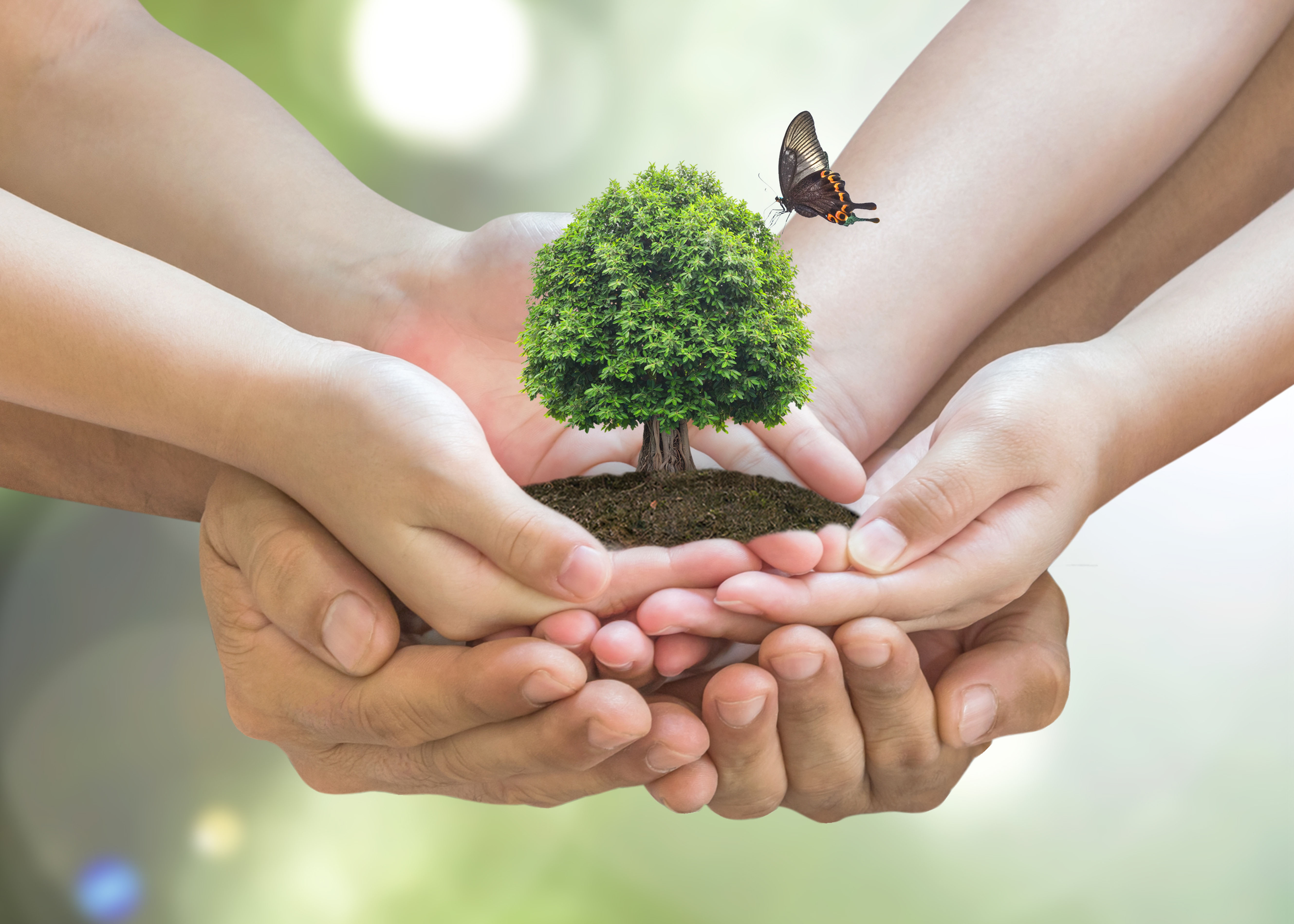
The National Pollution Control Day is celebrated every year on the 2nd of December in India in order to honor and memorialize the thousands of human beings who lost their lives because of the Bhopal gas calamity. The Bhopal gas tragedy happened in the night of 2nd and 3rd December in the year 1984 because of the unintentional discharge of the poisonous chemical known as Methyl Isocyanate (also called MIC) as well as some other chemicals released from the Union Carbide Chemical Plant in the city. It was identified as the biggest industrial pollution disaster of the history worldwide which needed serious preventive measures suddenly in order to prevent such disasters in the future. National pollution control day is celebrated every year on 2nd of December to create awareness among the people and the industries about paying greater attention towards the need of Pollution Control Acts.
Why National Pollution Control Day Is Celebrated?
One of the leading factors of celebrating the national pollution control day every year is to manage and control the Industrial Disaster as well as prevent the pollution (created by the industrial processes or manual negligence) of water, air, and soil.
Objectives Of The Day:
- To spread awareness on managing and controlling industrial disasters
- To prevent the pollution produced by industrial processes or human negligence
- To make people and industries aware about the importance of pollution control acts
What Are The Prevention Methods Taken By The Indian Legislation?
Indian government has launched the variety of serious acts and rules for the control and prevention of pollution all over the India. Some of them are:
- Water (Prevention & Control of Pollution) Act of 1974
- Water (Prevention & Control of Pollution) Cess Act of 1977
- Air (Prevention & Control of Pollution) Act of 1981
- Environment (Protection) Rules of 1986
- Environment (Protection) Act of 1986
Pollution in Our Daily Lives
We are exposed to various toxic environment levels of numerous and varied pollutants. Some pollutants are toxic in small quantities (e.g. carbon monoxide and carbon dioxide) or can build up over time to levels of concern (e.g. heavy metals such as lead, mercury, arsenic).
There are pollutants that are emitted by industries and commercial operations in the production of consumer products such as plastic products, dyes, and chemicals used in paper and textile production.
Then there are pollutants emitted by industries that produce energy and raw materials such as radioactive waste from nuclear plants and byproducts. Also, some toxic chemicals that are intentionally released into the environment which include pesticides used in agriculture, forestry, and aquaculture, car exhaust and components of household cleaning supplies.
How can we play a role in prevention of pollution?
The role of every individual in preventing pollution is of paramount importance because if every individual contributes substantially the effect will be visible not only at the community, city, state or national level but also at the global level as environment has no boundaries.
Ways and means by which pollution problems can be greatly reduced at individual level are:
- Promote reuse and recycling wherever possible and reduce the production of wastes.
- Waste disposal at personal level should be optimally reduced as waste destruction by any means causes pollution.
- Industrialists should check for proper disposal of treated water from factory units as to avoid thermal pollution of water bodies. They should also deploy a water treatment plant to prevent the flow of hazardous material.
- Save electricity by not wasting it when not required because electricity saved is electricity generated without polluting the environment.
- Use of mass transport system. For short-visits use bicycle or go on foot. Decrease the use of automobiles.
- Maintenance of vehicles should remain proper as to avoid introduction of harmful gases and other pollutants into the atmosphere.
- Service centers of vehicles should minimize the disposal of organic solvents into the main drains.
- Generators and other household gadgets that add to pollution of environment should be kept well maintained.
- Planting of more trees, as trees can absorb many toxic gases and can purify the air by releasing oxygen.
Important questions that must be shared and answered to maximum population
- Considering the seriousness of the environmental warnings produced by different pollutants, especially for states that will be most affected, the important question becomes, whose responsibility is it to control pollution?
- Are environmental problems and pollutions the responsibility of an individual, institutions, or both?
- Can the environmental sensitiveness of individuals always be converted into individual actions?
Conclusion
A wonderful and quality environment that is free from pollutants must be achieved by continuous planning, governmental policies, efforts of the enterprises and public participation. It is the responsibility of everyone to protect our environment by controlling pollution. “Let us fulfill our responsibilities in environmental protection and pollution prevention by creating a quality ecological environment and sharing wonderful green living together”
References
- http://www.thehindu.com/todays-paper/tp-national/tp-andhrapradesh/world-pollution-prevention-day-observed/article5416812.ece
- https://www.nps.gov/orgs/socc/pollution-prevention.htm
- https://targetstudy.com/knowledge/day/75/world-pollution-prevention-day.html
